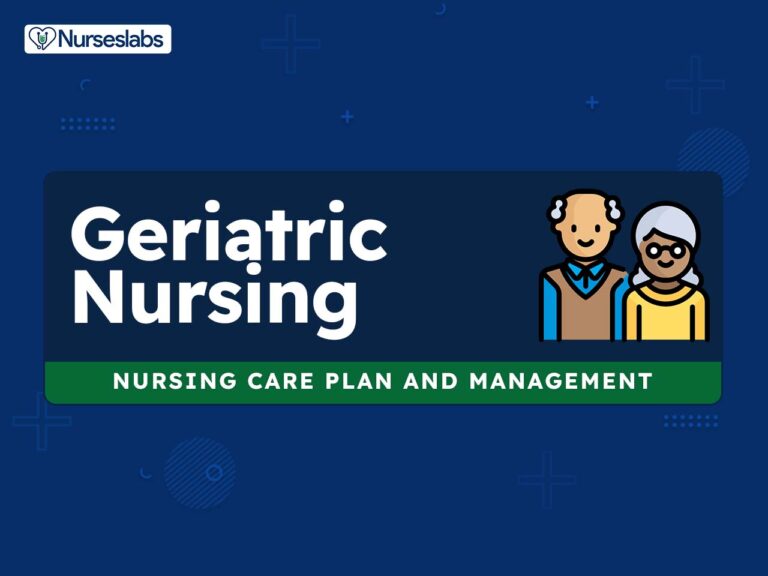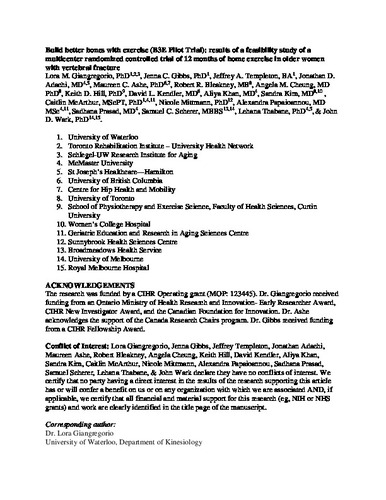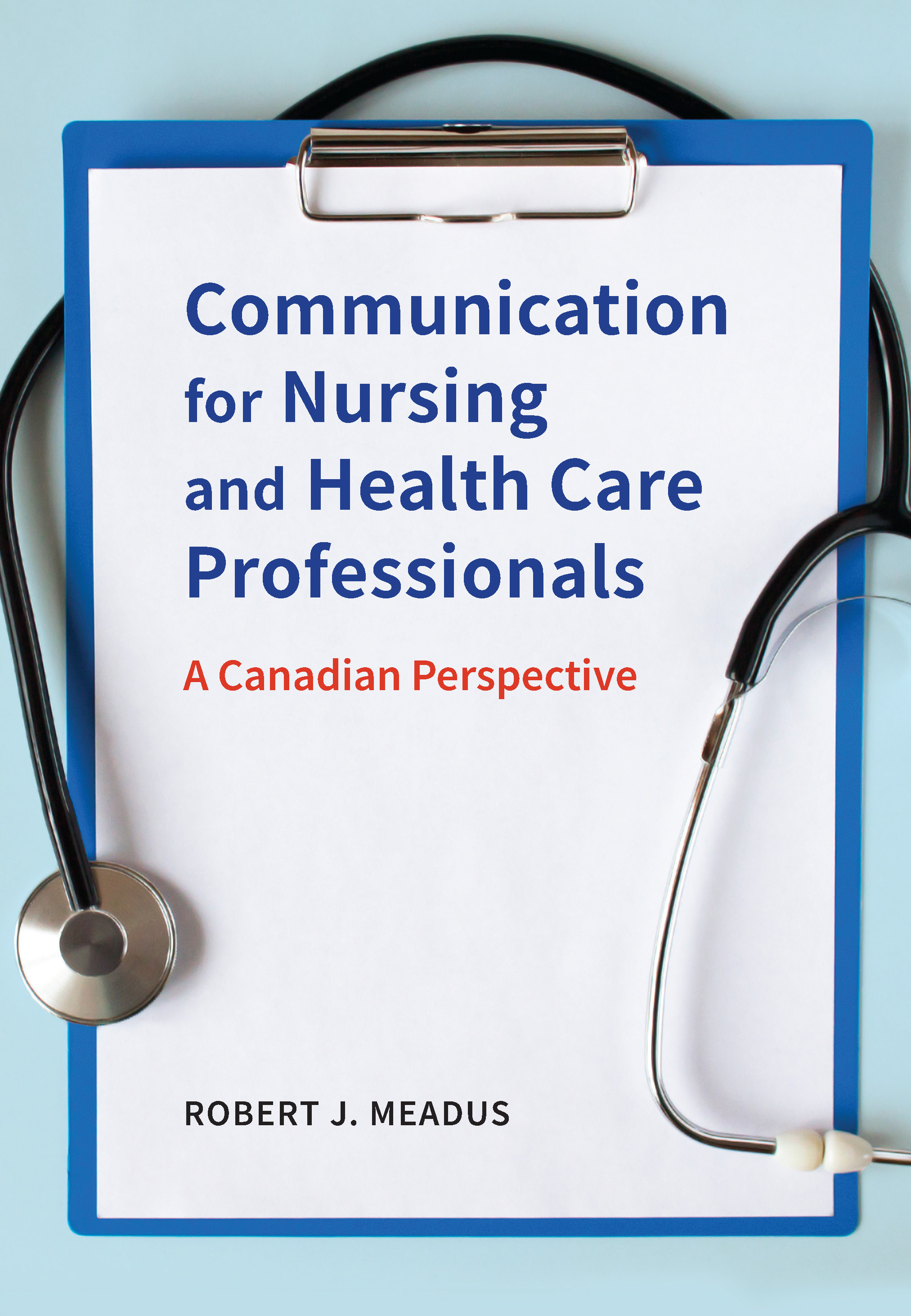PDF] The Canadian Centre for Activity and Aging's Home Support
4.5 (209) In stock

The older homebound adult is more likely to live alone, have mobility limitations, experience incontinence problems, and be considered at high risk for falling and fear of falling, as well as more likelyto receive home support services. “Homeboundness” is defined as never or almost never leaving one’s home except for emergencies, not going beyond one’s door without assistance, or going out of one’s home less than once a month, and it is estimated to affect as much as 50% of the population who are 85+ years old. 1 The older homebound adult is more likely to live alone, have mobility limitations, experience incontinence problems, and be considered at high risk for falling and fear of falling, as well as more likely to receive home support services. 2 Frail seniors living at home are particularly difficult to reach and are at high risk for loss of functional independence and for institutionalization. 3

Access to Appropriate High-Quality Care

Geriatric Nursing Care Plans: 10 Nursing Diagnosis for Older People

Canadian Centre for Activity and Aging - Western University

Older Adult 55+ Programs

Canadian Centre for Elder Law - British Columbia Law Institute

Active at Home Videos - Canadian Centre for Activity and Aging

Build better bones with exercise (B3E pilot trial): results of a

Canadian Centre for Activity and Aging - Western University

Communication for Nursing and Health Care Professionals - Canadian
Seniors fitness exercise advice based on science
FREE Exercise Classes for Older Adults
Exercise Programming for Seniors - NASM
Upper Body Home Exercise Programs – Adult and pediatric printable
8-Week Beginner Walking Program for People With Overweight and
 Sexy Women Trainer Body Shaper Slimming Bodysuit Firm Tummy Control Body Keep CA
Sexy Women Trainer Body Shaper Slimming Bodysuit Firm Tummy Control Body Keep CA OFCOX Plus Size Bra for Women, Full Coverage Underwire Bras Plus Size, Lifting Lace Bra for Heavy Breast
OFCOX Plus Size Bra for Women, Full Coverage Underwire Bras Plus Size, Lifting Lace Bra for Heavy Breast Magic Mesh black 13 m*60 cm, Bar Mats, Tools, Bar supply
Magic Mesh black 13 m*60 cm, Bar Mats, Tools, Bar supply Women Tummy Control Slimming Body Shaper Seamless Butt Lifter
Women Tummy Control Slimming Body Shaper Seamless Butt Lifter:max_bytes(150000):strip_icc()/clean-area-rug-on-hardwood-4799149-09-2ff20c4ee29c44e49c1c5eb0491131e5.jpg) How to Clean an Area Rug
How to Clean an Area Rug Calvin Klein Form Push Up Plunge Bra QF4200 - Macy's
Calvin Klein Form Push Up Plunge Bra QF4200 - Macy's